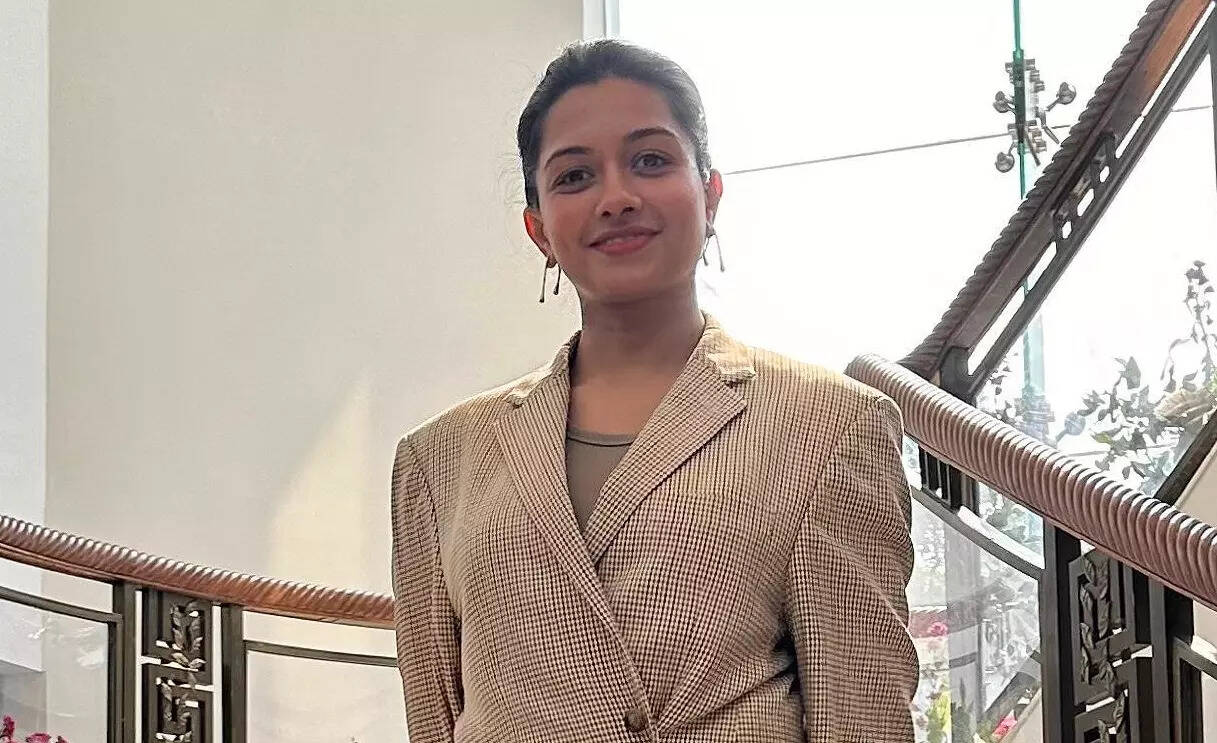[[{“value”:”

Shangri-La Groupis attempting to redefinedestination weddingsfor modernmulticultural coupleswith its signature blend of heartfelt Asian hospitality and global elegance, it claims.
“We don’t just host weddings, we craft deeply personal, culturally immersive journeys. What makes us truly stand out is our ability to adapt to diverse cultural traditions while offering thoughtful service, stunning venues, and seamless execution,” said Yashwini Naik, global sales director at Shangri-La Group, in an interview with ET HospitalityWorld.
Sri Lanka, particularly the twin destinations of Hambantota and Colombo, is fast becoming a favourite among Indian couples.
“Couples love the blend of serene coastline and cosmopolitan convenience. Hambantota offers expansive beachfronts for rituals like haldi or pheras, while Colombo adds urban sophistication for black-tie receptions,” Naik said.
Shangri-La’s cross-cultural appeal lies in its detailed sensitivity to rituals and customs.
“Cultural sensitivity isn’t a box we tick. It’s part of how we work. At Hambantota, we’ve coordinated everything from South Indian ‘muhurthams’ to North Indian ‘pheras’ on the beach. In Istanbul, we’ve blended Turkish and Punjabi traditions. Our planners focus on everything—from ritual timings to ceremonial spaces—to ensure emotional resonance,” she explained.
As wedding preferences evolve, Naik noted an emerging trend of couples fusing traditions to craft their own signature narratives.
“It’s common now to see a Gujarati garba night followed by a Catholic ceremony, or a henna ritual inside a Turkish hammam. In Muscat, couples opt for sunset ‘pheras’ in amphitheatres. Personalisation, wellness, and sustainability are priorities—think zero-waste menus, yoga sessions, and charity gifting,” she said.
Culinary curation is another cornerstone of Shangri-La’s wedding strategy.
“Food is one of the most powerful cultural connectors, and our chefs approach it with both skill and sensitivity. At Hambantota, our chefs are trained in regional Indian cuisines, and we often fly in specialists to create diverse feasts—from foie gras chaat to Jain satvik spreads,” she said.
The group’s signatureBandhan by Shangri-Laprogram, designed specifically for weddings, brings together destination-driven experiences and local traditions.
“You’ll find curated wellness rituals at Chi, The Spa, welcome ceremonies with Omani frankincense or Turkish rosewater, and immersive guest touches like mehendi corners or mixology classes,” she shared shared.
The response from the Indian market has been particularly strong following Shangri-La’s dedicated wedding campaign launched last year.
“Indian families are increasingly exploring Sri Lanka for weddings because it offers grandeur and intimacy in equal measure. Istanbul, Abu Dhabi, and Mauritius are also seeing strong interest, especially from couples with international guest lists,” she added.
For Naik, the most memorable celebrations are those that surprise and delight.
“In Hambantota, we’ve done baraats arriving on golf carts, wildlife safaris for bridal parties, and starlit pheras. In Mauritius, vows were exchanged on floating mandaps; in Colombo, ballrooms transformed into Mughal gardens. Creativity flows from the couple’s vision—we just help bring it to life,” Naik concluded.
“}]] 